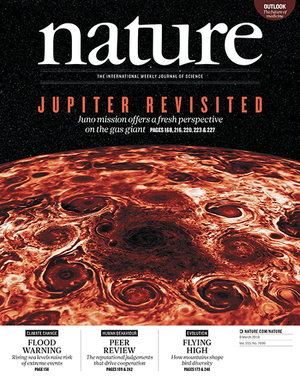
INESC-ID researchers publish a paper in Nature
Fernando P. Santos and Francisco C. Santos from INESC-D/GAIPS, together with Jorge Pacheco from the University of Minho, developed a new computational model that shows how simple moral principles need to be to maximize cooperation, even in complex environments. The results of this study were published in Nature on March 8, 2018.
The model developed constitutes a new computational framework (based on Boolean algebra and game theory) to investigate the complexity of moral judgements, and the results extend the existent knowledge about the evolution of cooperation in human societies: surprisingly, the authors find that, out of the 65536 norms analyzed, and among the few cooperative norms that promote cooperation, some translate into extremely simple moral judgements, that even overlook the past reputations of individuals.
The work may provide important clues on policy-making and the design of reputation systems – pervasive in nowadays web platforms and systems supporting sharing economies – in which is fundamental to understand the norms that are able to provide maximal levels of cooperation, while maintaining simplicity for the sake of enunciation, understanding, communication, internalization and effective implementation.
Reference: Fernando P. Santos, Francisco C. Santos & Jorge M. Pacheco, Social norm complexity and past reputations in the evolution of cooperation, Nature 555, 242–245 (08 March 2018)
More info here: https://www.nature.com/articles/nature25763
and here: http://gaips.inesc-id.pt/

